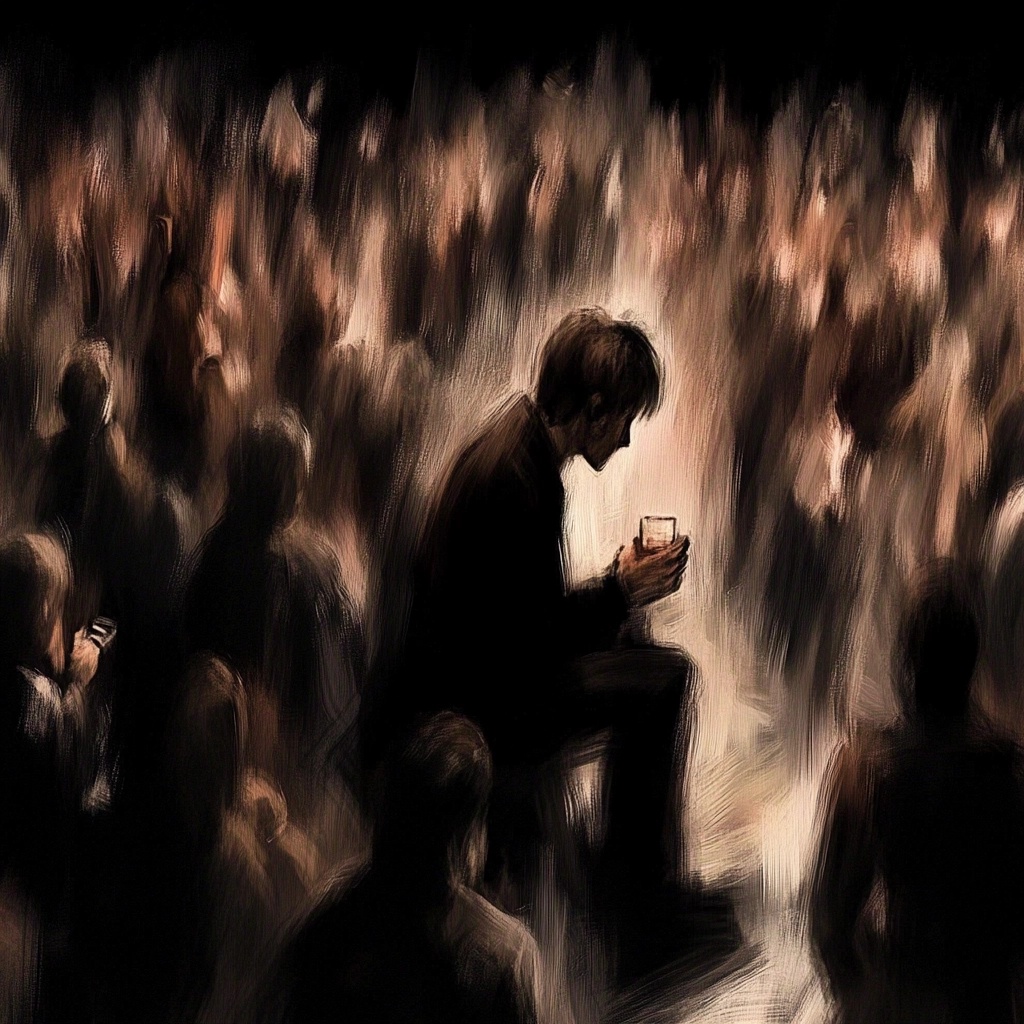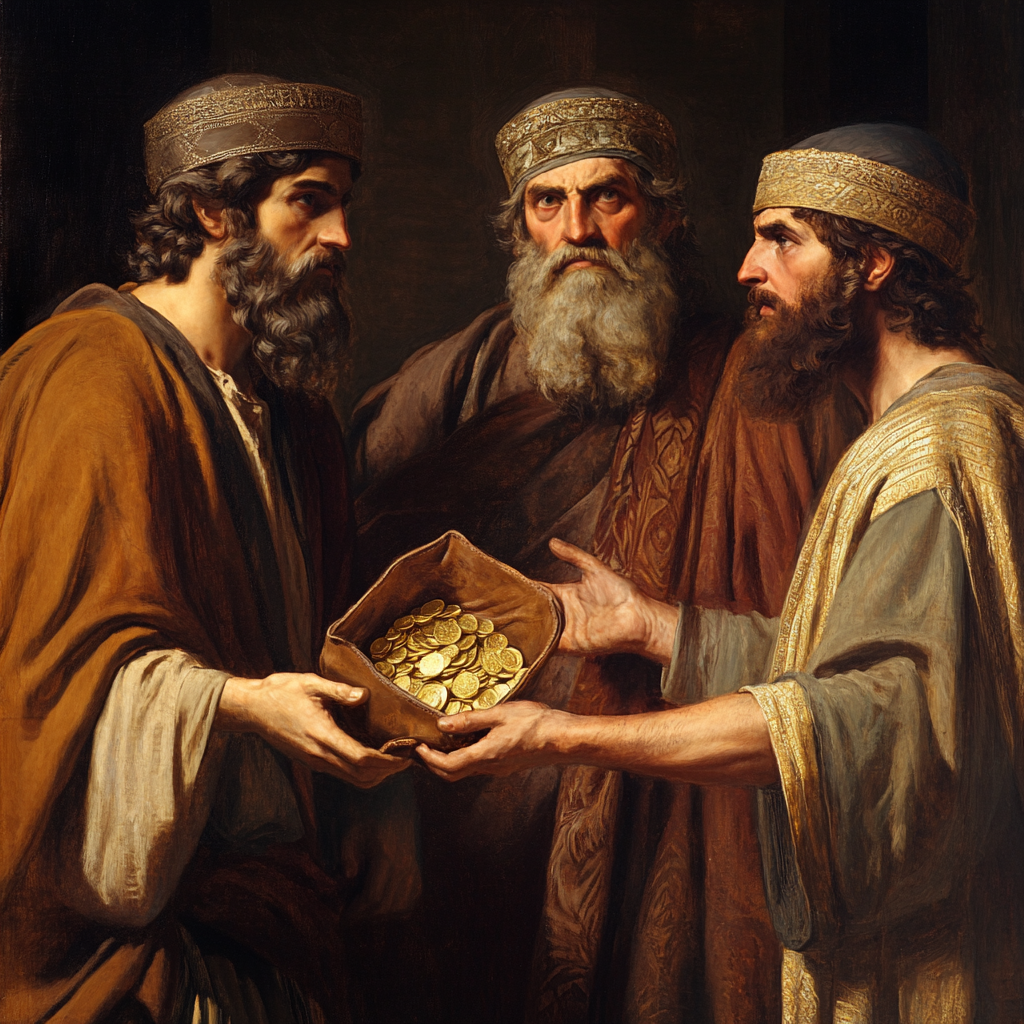Opening Verse
“Be ye not unequally yoked together with unbelievers: for what fellowship hath righteousness with unrighteousness? and what communion hath light with darkness?”— 2 Corinthians 6:14 (KJV)
Introduction
Many people hear “unequally yoked” and immediately think of marriage. While that’s true, it also applies to friendships, business partnerships, and any close relationships. The people you surround yourself with can either pull you toward God or drag you away from Him.
Devotional Story
A young man named Marcus had been on fire for God. He prayed daily, read his Bible, and avoided places that could compromise his faith. But he had one friend, Chris, who lived differently. Chris wasn’t outright evil, but he had no desire for godliness. He convinced Marcus to come along to parties, telling him, “You don’t have to do anything bad, just chill with us.”
At first, Marcus resisted. But after weeks of pressure, he gave in, thinking, I’ll just go and leave early. But one compromise led to another. The atmosphere influenced him, and before he knew it, he was drinking, swearing, and blending in with the crowd. The next morning, he felt empty and guilty.
What happened? Marcus had allowed himself to be pulled into a place he never intended to be. He didn’t set out to backslide, but his friendship with Chris led him in a direction that opposed God’s plan for his life.
What This Means
Being unequally yoked isn’t always about outright rebellion—it’s often subtle. A friend can lead you into gossip, dishonesty, or situations where you compromise your faith. You may start with good intentions, but the more you walk with the wrong influences, the easier it is to drift away from God.
Think About This
- Are there relationships in your life pulling you away from God?
- Do you justify certain friendships even when they are influencing you negatively?
- How can you strengthen your walk with believers who encourage your faith?
Prayer
Lord, help me to discern the relationships in my life. Give me the strength to walk away from influences that lead me away from You. Surround me with people who encourage my faith and challenge me to grow in righteousness. Keep my heart fixed on You, and may I be a light instead of being led into darkness. In Jesus’ name, Amen.
Closing Verse
“He that walketh with wise men shall be wise: but a companion of fools shall be destroyed.”— Proverbs 13:20 (KJV)



